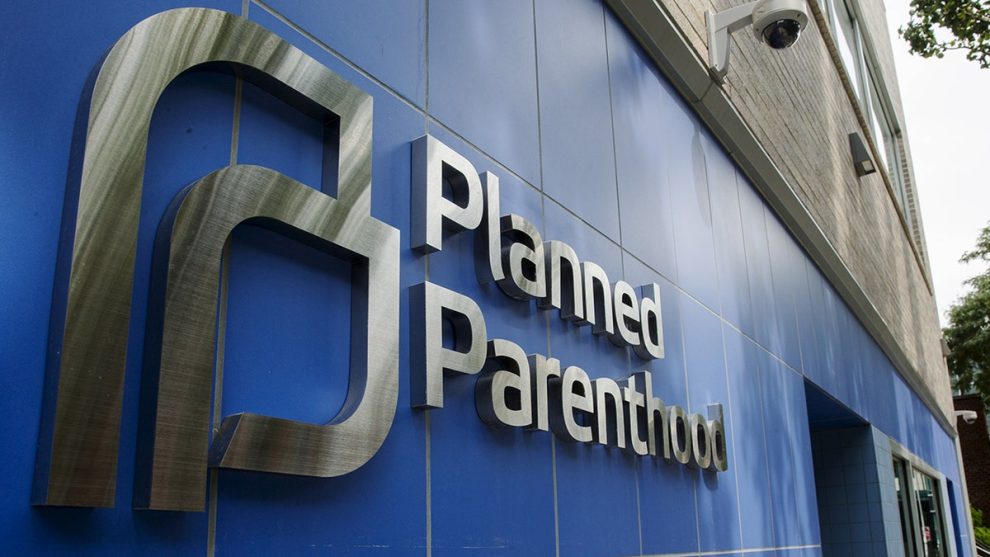40 Days for Life, the world’s largest grassroots pro-life campaign, is demanding a congressional investigation into Planned Parenthood and other abortion providers for alleged “profiteering” from the sale of abortion pills.
Shawn Carney, co-founder and CEO of 40 Days for Life, sent a letter to the chairman and ranking member of the House Committee on Oversight and Accountability on Feb. 22 to request that the committee open an investigation into whether abortion providers are “profiting from selling the dangerous RU-486 abortion pills.”
“Presently, pharmaceutical-induced abortions account for more than half of all abortions in America,” Carney wrote. “The public deserves to know if companies like Planned Parenthood are profiting from this dangerous drug.”
The group notes that about 43% of Planned Parenthood revenues are estimated to come from government reimbursements or grants in the 2014-2015 fiscal year. Planned Parenthood says abortions only make up 3% of its services and the nonprofit provides various other sexual health services that are covered by programs like Medicaid or receive grant funding from the Department of Health and Human Services (HHS).
FDA TO PERMIT SOME RETAIL PHARMACIES TO DISPENSE ABORTION PILLS
“The American people have demanded accountability for that money,” Carney wrote.
Planned Parenthood’s website states that abortion pills are available at Planned Parenthood health centers, potentially for free or at a low cost to some qualified patients.
The abortion pill, formerly called RU-486 or mifepristone (mifeprex), is a drug used in a regimen with another medication called misoprostol to terminate a pregnancy within 70 days of conception.
According to the Food and Drug Administration (FDA), the two-drug regimen blocks progesterone, a hormone necessary for a baby’s development in the womb.
WHAT IS MIFEPRISTONE? ABORTION MEDICATION IN FOCUS AFTER SUPREME COURT ROE V WADE DECISION
Mifeprex was first approved in 2000 and, in 2016, the FDA approved a supplemental application based on data and information submitted by the drug manufacturer.
After reviewing that application, the agency said it determined that mifeprex is “safe and effective when used to terminate a pregnancy in accordance with the revised labeling.”
After the U.S. Supreme Court overturned Roe v. Wade — permitting states to begin restricting or banning abortions — the Biden administration in January approved a rule change that expanded the availability of abortion pills at retail pharmacies like CVS or Walgreens.
Previously, the drug could only be dispensed by some mail-order pharmacies or by specially certified doctors or clinics.
Now, retail pharmacies can apply for a certification to distribute mifepristone with the drug manufacturers and, if granted the certification, the pharmacy can distribute the pill directly to patients who have a prescription from a certified prescriber.
40 Days for Life claims this rule change converts local pharmacies “into under-the-radar, drive-through abortion mills, making getting an abortion as easy as purchasing a Snickers bar.”
The group wants Congress to investigate whether pharmacies are lawfully selling the drugs and how they are ensuring compliance with federal and state regulations. Specifically, the group wants to know if they are selling to minors, selling to third parties for delivery, selling in states without abortion or selling across state borders from states where abortion is legal, like Illinois, to states where it is outlawed, such as Alabama.
“40 Days for Life is confident Planned Parenthood is not simply conceding such a significant source of their income to retail pharmacies,” Carney wrote. “Therefore we ask that the Oversight Committee investigate if and how Planned Parenthood is profiting from the distribution of RU-486 by CVS and Walgreens.”
Planned Parenthood did not respond to a request for comment.
Fox News’ Julia Musto and Sarah Rumpf contributed to this report.
























